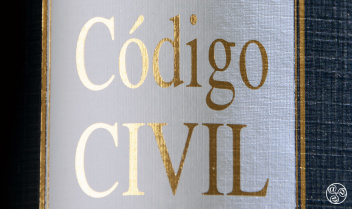Brexit
Brexit has instigated a number of changes of UK National as visitors to the EU and Andalucia and present and future UK National residents and home-owners of Andalucia. There are also changes for UK and Andalucia business conducting trade and offering services. Many of the details of these changes is not known. It is the intention of this page to try and keep up to date with such info and changes.



